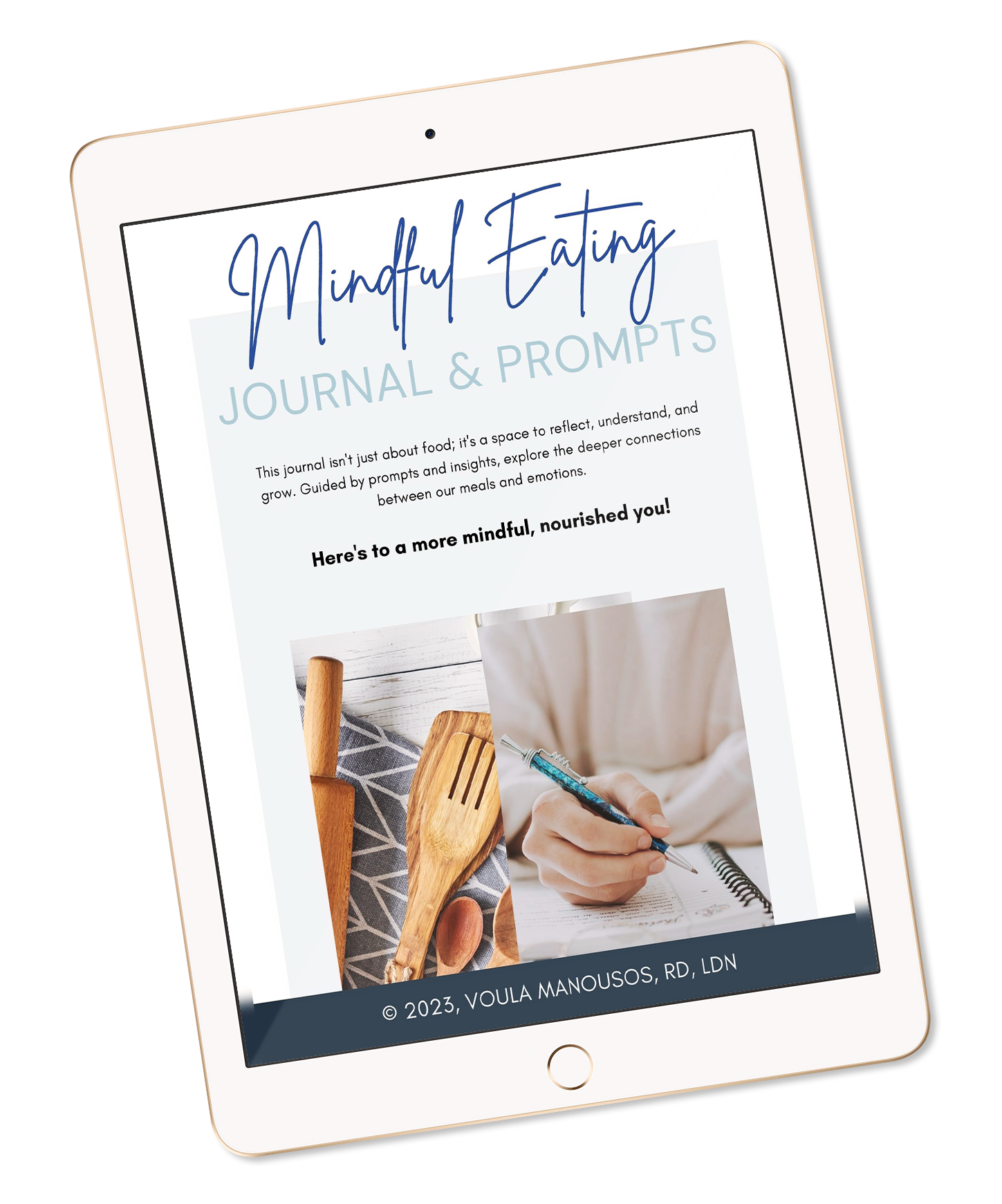
Nutrition and weight loss can be confusing. There is so much information out there, from social media, YouTube, Instagram, and every other corner of the internet, and much of it is flawed, misinterpreted, or flat-out false. It’s not surprising that people often wonder if what they’re reading about weight loss is facts or myths.
The Academy of Nutrition and Dietetics defines “food fads” as unreasonable or exaggerated beliefs that eating (or not eating) specific foods, nutrient supplements or combinations of certain foods may cure disease, convey special health benefits or offer quick weight loss.
In reality, there is no “diet” or “superfood” that can quickly and safely help someone lose the weight that was gained from inactivity, overeating, or a combination of these and other factors.
This is because most fad diets do not teach people new cooking methods, eating habits, or how to approach their eating which is more complicated than “calories in and calories out”. As a result, people have a hard time following these “diets” and don’t stick to them.
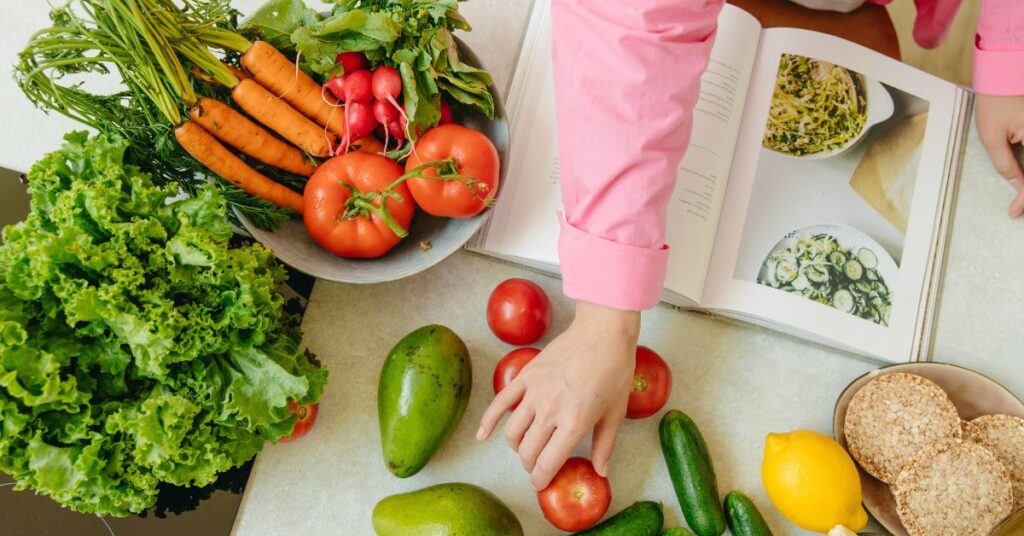
Why are there so many weight loss myths?
Part of the problem is the source of the “information” when it comes to nutritional content online. Many writers or bloggers who write about nutrition do not have relevant educational and professional backgrounds.
Another problem is the content that is out there and how it gets shared. Evidence-based nutrition information isn’t usually appealing or seductive; for example, “eat your fruits and vegetables.” This statement might be erroneously re-written as, “cure cancer by eating beets.” Such a statement may lead to a myth about the “powers” of eating a certain vegetable without mentioning the benefits of fresh produce.
Like in all sciences, we continually learn more about nutrition through research. There is still a lot we don’t know about food and nutrition.
Finally, what actually ends up on our plates is rarely simple.
How do we choose what to eat?
What we choose to eat is complex. Our choices are dictated by our tastes and preferences, habits, our family’s tastes and preferences, cultural traditions, budgets, values, accessibility, convenience, time, social pressures, and yes, weight loss myths or fiction.
There is no one way of eating that works for everyone because we are navigating all of these factors when we choose what to eat.
Some weight loss myths or fiction persist because of how some people draw on their personal experiences and the experiences of those around them. For example, a group of my friends and I try a diet that works for all of us, which might lead us to believe that this diet works universally.
We might want to share it on our social media platforms, create videos, share pictures, or even write blog posts in an attempt to help others with the same struggle. While well-meaning, this is a great way to spread misinformation.
We should embrace the many reasons why we choose what to eat in our quest to maintain a healthy weight – and good health in general. However, we should leave nutrition fiction out of this decision. Let’s look to credentialed health professionals to separate myths from facts when it comes to your health.
What are examples of common nutrition and weight loss myths?
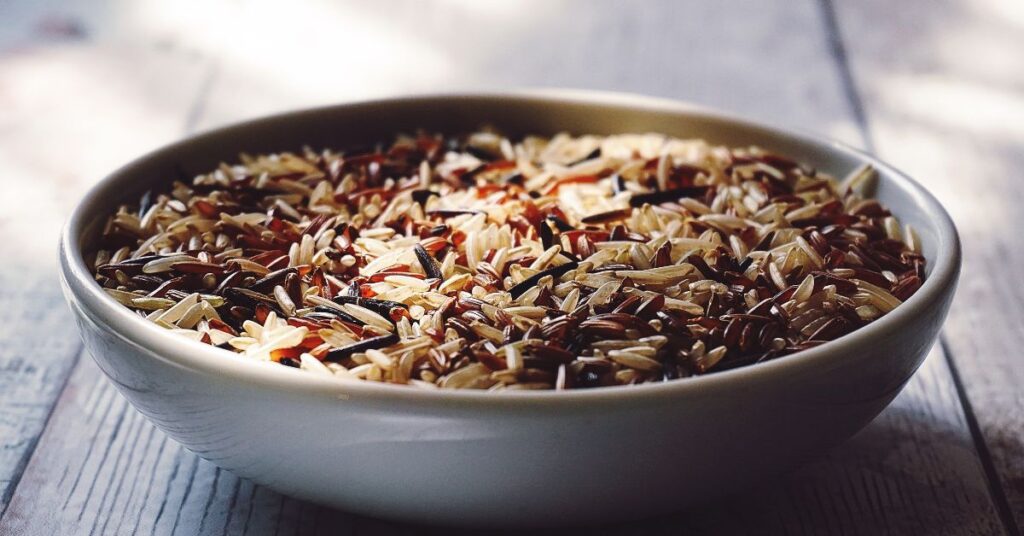
1. Myth? Carbohydrates pack on the pounds.
Fact: No one nutrient, food, or food group causes you to gain weight.
Your weight is complex and cannot be attributed to just one food or food group. In general, we gain weight when we consume calories in excess of what our body needs to maintain its current weight. However, there are other factors that affect body weight other than our caloric intake.
Nutritional intake for optimal health includes many meals and foods with carbohydrates, which are our body’s preferred source of energy. When it comes to carbohydrates, consider the source. Choose carbohydrates that offer other nutritional components including fiber, vitamins, nutrients, and minerals.
Complex carbohydrates with fiber digest and absorb more slowly than simple carbohydrates, which can make a significant difference when it comes to your goals.
Examples of high-quality carbohydrates include:
- Whole grains
- Fresh fruits
- Vegetables
- Beans
- Lentils
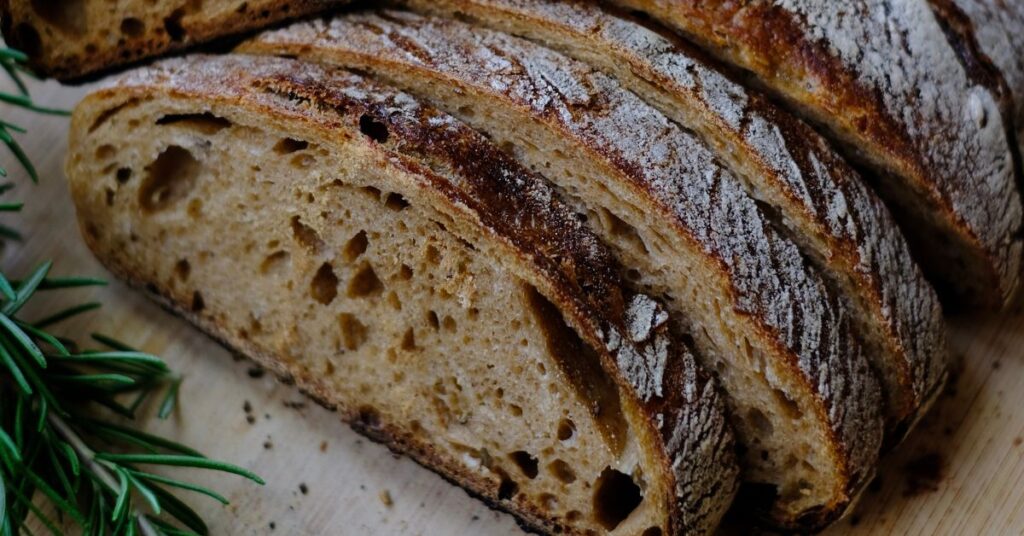
2. Myth? Foods with gluten are unhealthy and can cause weight gain.
Fact: Only some people need to follow a gluten-free diet.
Cereal grains such as wheat, barley, and rye commonly contain a group of proteins known as gluten. People with celiac disease or non-celiac gluten sensitivity should avoid foods with gluten. A gluten-free diet will help manage symptoms in both of these cases.
If you don’t have celiac disease or non-celiac gluten sensitivity, there is no reason to avoid gluten and many foods with gluten are part of a healthy diet.
Emphasize foods that offer more nutrition and good health overall, such as choosing whole grains over refined grains. Whole grains with gluten include farro and wheat berries.
Buyer beware: Foods labeled gluten-free are not necessarily a “lower calorie” option as some would think. When manufacturers remove gluten from food, added sugar, salt, or refined starches often make up for the difference in flavor and texture. So if you are thinking of removing gluten to manage your weight, you might want to think again unless you are intentionally consuming foods high in added sugars or starches.
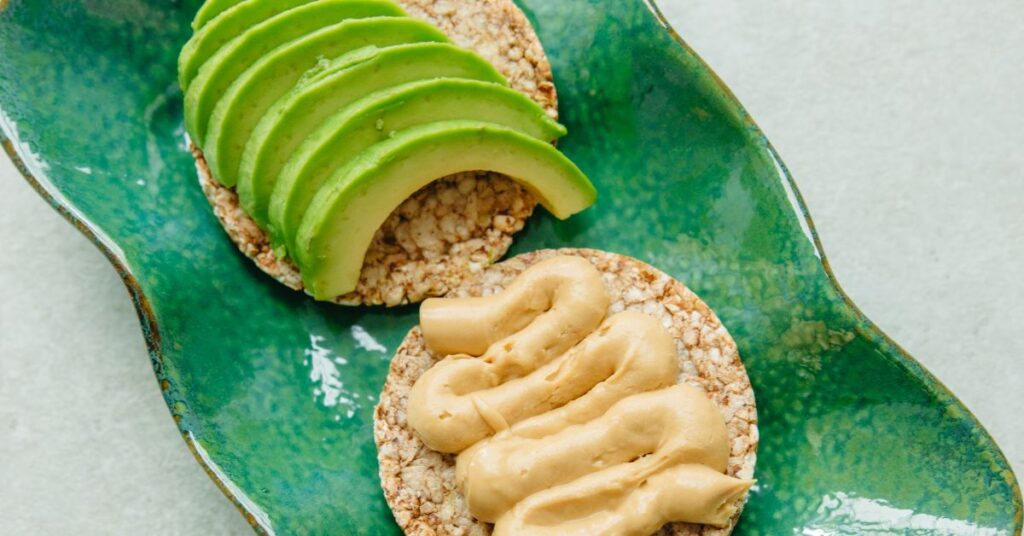
3. Myth? Snacking is unhealthy and makes you gain weight.
Fact: Snacking can be part of a healthy diet.
Depending on our individual needs, a meal with protein, carbohydrates, and fat will satisfy us for 3-4 hours. However, sometimes we might go more than 3-4 hours in between our meals. That’s where snacks come in.
Snacking satisfies our hunger while providing fuel for energy throughout the day. Choose a balanced snack with both protein and fruit or a vegetable.
Good snack examples include:
- Roasted edamame and carrot sticks
- Small salad with egg yolks
- Hummus and celery sticks
- Peanut butter and apple slices
- Hard-boiled eggs and berries
A snack that consists of processed foods heavy in carbohydrates, like pretzels, will be digested quickly. This may result in the quick return of hunger and may potentially lead to overeating at the next meal or snack. A balanced snack with protein, carbohydrate, and fiber digests more slowly, keeping us fuller for a longer period of time.
Another reason to include fruits and veggies in snacks is that many people may have trouble fitting large amounts of fruits and vegetables into mealtime. Snacks are an easy way to have an additional serving of fruits and veggies without cooking a full meal.
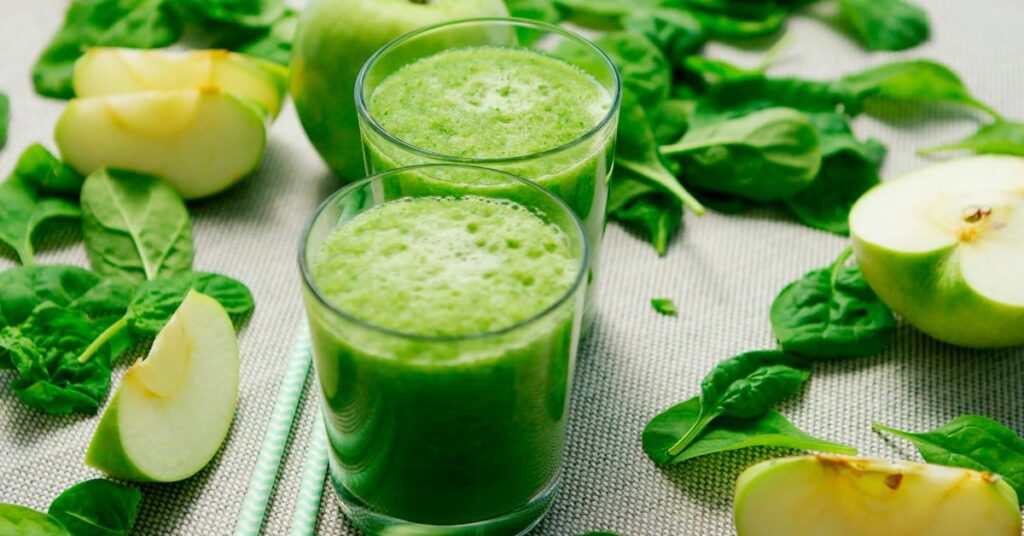
4. Myth? Juicing or cleansing is required to “detox” your body and help you lose weight.
Fact: Our bodies “detox” naturally
Juices or cleanses claim to “dissolve fat”, improve skin health, and detox the body by removing toxins, etc. However, there is no one food, vitamin, supplement, or magic smoothie that can deliver on these promises. In fact, some diets, supplements, and cleanses may be dangerous or harmful. Talk to your doctor and registered dietitian before taking supplements or following fad diets. If you’d like to read more about cleanses and the dangers of detox fads, read this article.
When it comes to naturally detoxing, our liver and kidneys do the heavy lifting to remove waste from our bodies. They also help maintain hydration in the body, process alcohol and medicine, and remove excess salt, minerals, and other waste along with our lungs and skin.
The best way of eating to promote overall health and weight management is to eat a diet rich in vegetables, fruit, legumes, whole grains, and lean protein. This way of eating can include other foods too but eaten in smaller amounts less often.
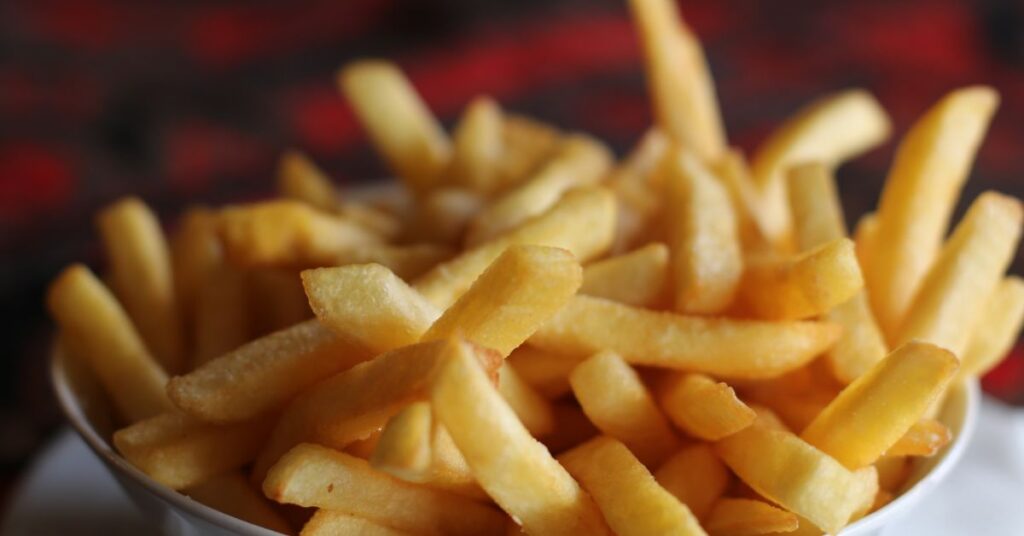
5. MYTH? You shouldn’t eat anything after 7 p.m.
FACT: While late-night snacking can lead to weight gain, it’s not because of the time on the clock.
Instead, it’s about why you’re eating. Most people reach for food for reasons other than physical hunger in the evening, whether it be a habit, boredom, or craving. Be mindful about what you eat more so than when.

6. MYTH? You cannot be healthy and overweight.
FACT: Some people who are overweight do, in fact, have healthy cholesterol levels, blood sugar levels, blood pressure, and other standard measurements of health.
However, for most people, carrying around large amounts of extra weight increases their risk for diabetes, high blood pressure, heart disease, cardiovascular disease, and heart attack. The longer you are overweight, the greater your risk of developing different diseases and risking your overall health.

7. MYTH? Fasting is the fast-track to weight loss.
FACT: Fasting is not healthy if you go hungry all day and then consume a huge meal at the end of the day that replaces all the calories you skipped earlier.
Compared to people who lose fat by eating fewer calories and by increasing their physical activity, people who fast lose more muscle than fat. Even worse, research shows that drastically decreasing your caloric intake can be dangerous.

8. MYTH? Certain foods, such as cayenne pepper, apple cider vinegar, or grapefruit burn fat.
FACT: Unfortunately, no foods burn fat, make you lose weight more quickly, or increase your metabolism enough to affect your waistline.
Beware of fad diets that focus on a single food, since they are typically restrictive and lack nutrients the body needs. They’re also not sustainable, and any change in weight that may occur is a result of calorie restriction (reducing the total calories consumed) and will likely come back once you stop.
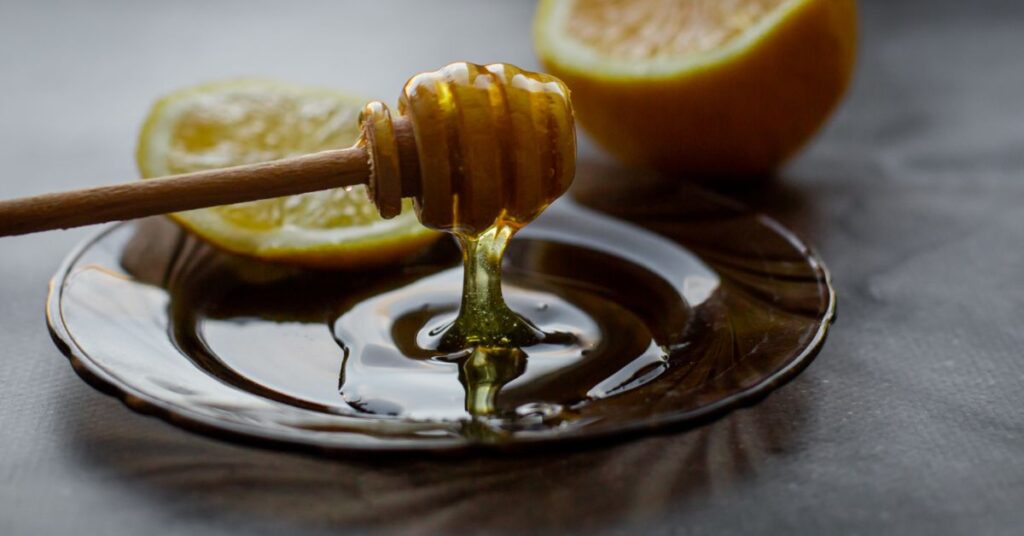
9. MYTH? Replace table sugar with maple syrup, honey, or coconut sugar.
FACT: Sugar is sugar.
Although unrefined sugar options may contain a small number of nutrients and minerals, there is no real advantage. They are still considered added sugar and contribute to the recommended daily limit on added sugar in the diet.

10. MYTH? The right supplement can replace eating healthy.
FACT: Supplements are meant to supplement the nutrients you get from food, not replace them – and high levels of certain vitamins can be dangerous.
There are two forms of vitamin supplements: water-soluble and fat-soluble. Water-soluble vitamins not used by the body will typically get cleared in the urine. Fat-soluble vitamins not used by the body end up sitting in your fat stores and that can be toxic.
The common fat-soluble vitamins are vitamin A, D, E, and K. Studies show that excessive amounts of Vitamin A can lead to nausea, increased intracranial pressure, and even death. High doses of Vitamin E can interfere with blood clotting, cause hemorrhages, and can lead to hemorrhagic stroke. High doses of vitamin D can lead to weight loss, appetite loss, and irregular heartbeat.
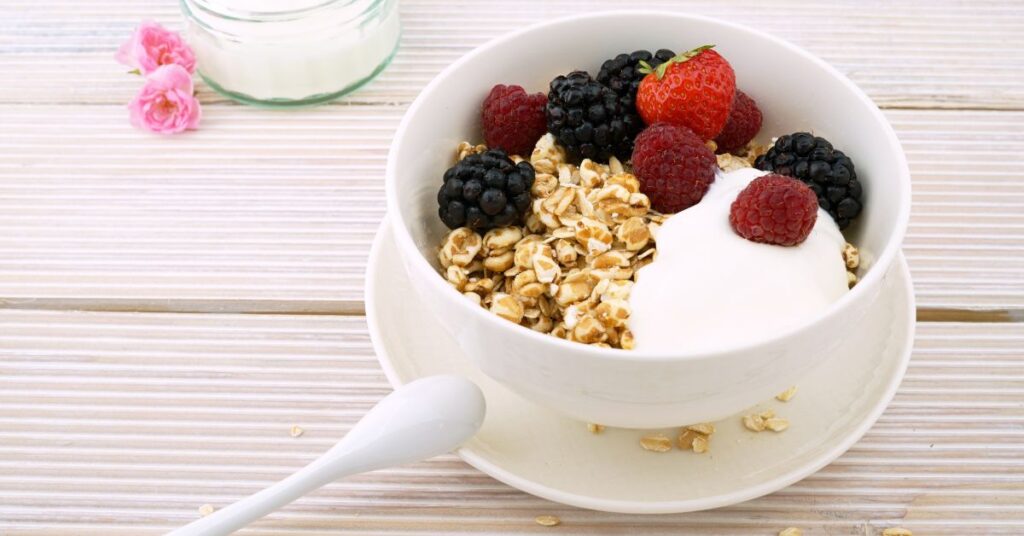
11. MYTH? Milk and dairy products: Health food or health risk?
FACT: Milk and dairy are not necessary in the diet for optimal health.
For many people, milk or its byproducts are the easiest way to get the calcium, vitamin D, and protein they need to keep their heart, muscles, and bones healthy and functioning properly. However, if you don’t want to consume milk or other dairy products, plant-based calcium-fortified products, and milk substitutes will do, although they do contain a lower amount of protein per serving than regular dairy.
Keep in mind that eating a well-balanced diet that includes plenty of green leafy vegetables and nuts can help you get to your calcium and protein requirements without overly relying on milk products if you feel you don’t want to.
Are there “red flags” I should look out for when deciphering weight loss myths versus facts?
The internet and social media are filled with a plethora of nutrition-related content that can put your health at risk if you aren’t careful. From fad diets claiming to target specific areas of the body to claims of miracle foods that will help you lose weight quickly, it’s important to be aware of the potential land mines of misleading nutrition information.

Here’s a quick checklist of red flags to look out for when evaluating nutrition claims and determining weight loss myths:
- Keep an eye out for any content that has a “.com” domain. While some of these sources can provide credible and reliable information, they are also often used as a platform for businesses or individuals to make profits from the sale of products or services.
- Be aware of any content that lacks an author or reviewer with relevant credentials in the field. It is often impossible to be confident in the reliability of information when you don’t know who is providing it. Look for credentials such as MD, registered dietitian, or nutritionist.
- Look for a date when the article or post was published. Nutrition research is constantly evolving, and older information may be outdated or no longer accurate. Also, an article or a post without a published date may not provide the most current information.
- Is the website or social media profile selling products, food, supplements, or services? Be aware that the aim of many of these sites is to make a profit, and may not necessarily be providing unbiased nutrition advice.
- Keep an eye out for gimmicks and marketing language. If a post sounds too good to be true, it likely is. This could be a celebrity endorsement, greenwashing, extreme diets, or promises of rapid weight loss without any accompanying lifestyle changes.
- Do your own research. Even if a program has worked for your friends or family. What works for one person may not work for another. Look for additional evidence such as journal articles, credible websites, and blogs, or books written by experts in the field.
How can I find credible nutrition information when it comes to nutritious foods?
Before making any drastic changes to your diet, it’s important to find accurate nutrition information. Here are a few strategies you can use to find credible and reliable nutrition information:
- Seek out .org, .edu, and .gov sources. Read articles critically. If an article is not supported by scientific evidence, it may be a good idea to look for other sources.
- Look for articles and research written by professionals with relevant nutrition credentials such as registered dietitians, nutritionists, MDs, and Ph.Ds. Be sure to check the publish date of the article or research and make sure it is current.
- Do your own research instead of taking an individual’s word for it or falling for a viral social media video. Read books, look up journal articles, and check out National Institutes of Health websites such as the National Library of Medicine, Office of Dietary Supplements, or Centers for Disease Control and Prevention to find reliable information.
- Consider more than one source when evaluating nutrition information. Consider the body of evidence, rather than a single scientific study, to inform thoughts and opinions.
- Follow registered dietitian bloggers and nutritionists on social media. Look for verified accounts or accounts with credentials listed in the bio section of their profile. Look for people and accounts who have “RD” or “RDN” after their names.
- Ask a Registered Dietitian (RD) or a nutrition professional for personalized advice. They can help you create an individualized plan based on your personal goals, health conditions, and lifestyle.
- Be open to new, evolving, and alternative nutrition philosophies, but be aware that not all forms of nutrition advice are evidence-based. Consider the credentials and values of the people who are providing the information, as well as any potential biases they may hold.
Final Thoughts on Common Weight Loss Myths
It is often difficult to sort weight loss myths from facts. Nutrition is an ever-changing and evolving field so keeping up with credible nutrition information and knowing where to find it is key. Don’t be drawn by flashy or “too good to be true” claims. They are typically false or inaccurate.
Follow the strategies outlined in this article to find credible nutrition information and if in doubt, ask a credentialed healthcare professional like a registered dietitian. Keep an open mind but maintain a healthy dose of skepticism. Remember, a varied diet and a healthy mindful approach to eating are typically your best bet when trying to manage your weight safely and peacefully.





